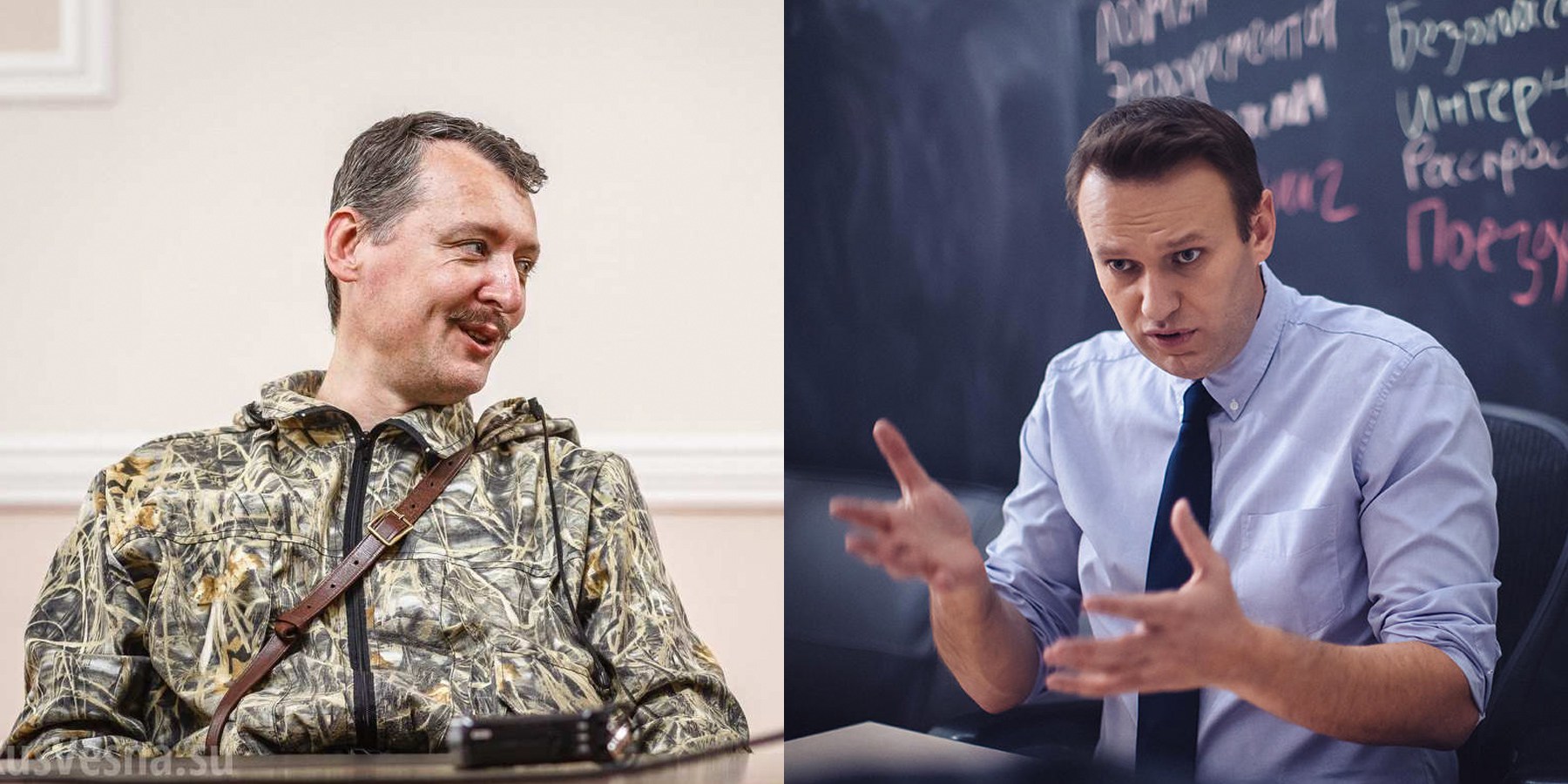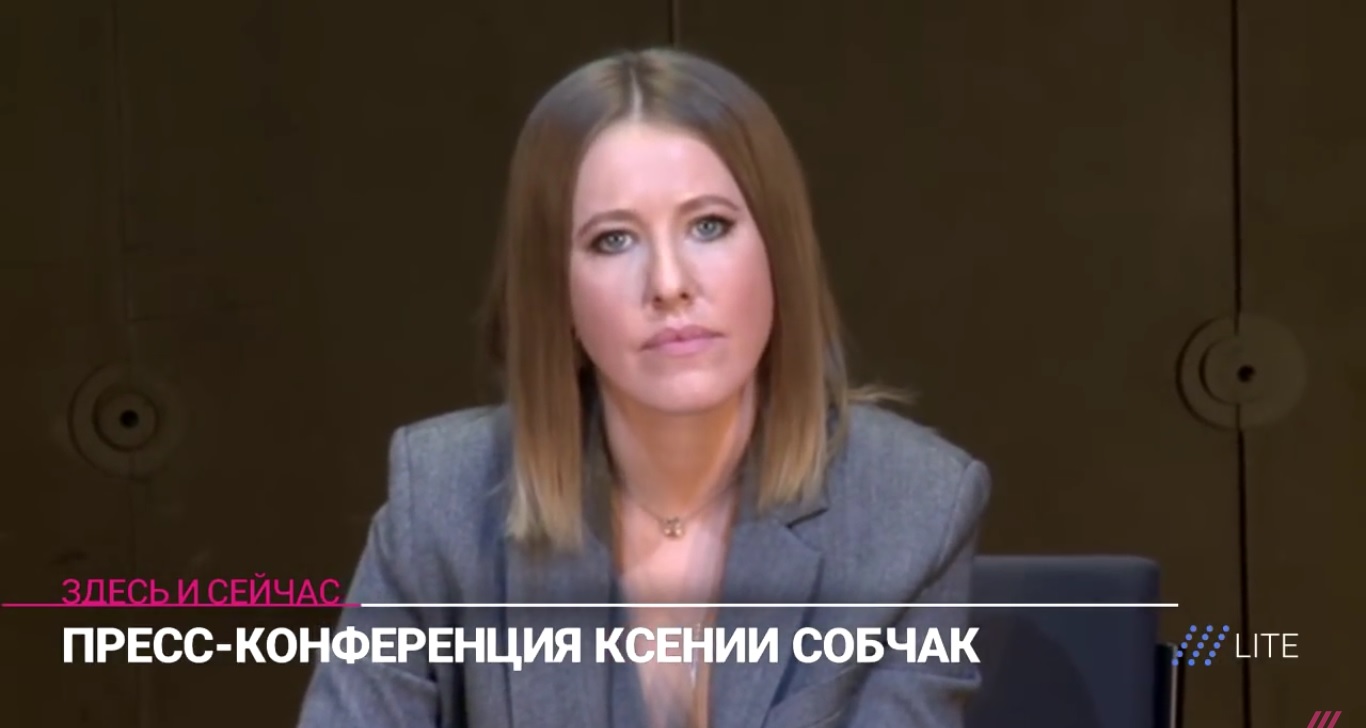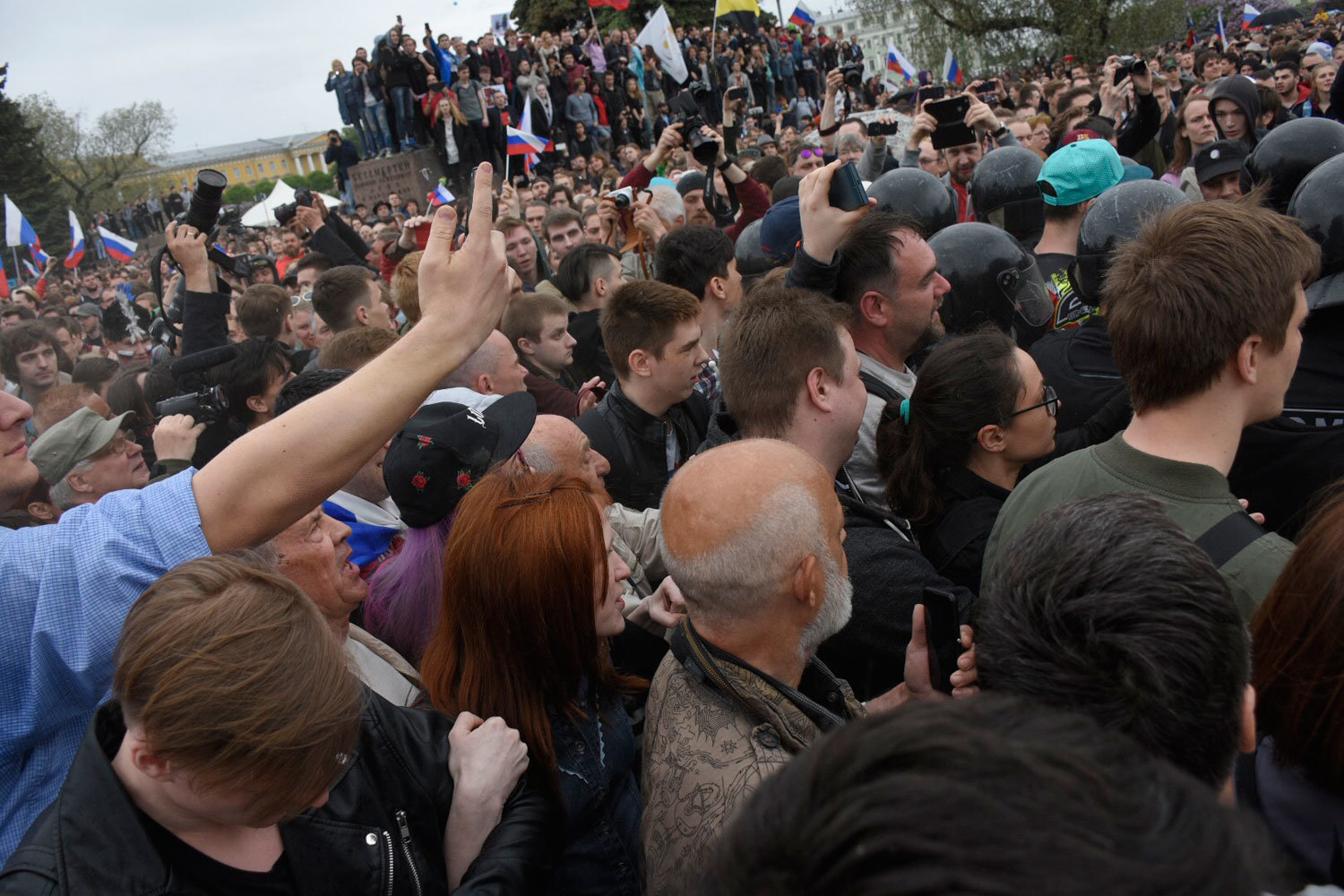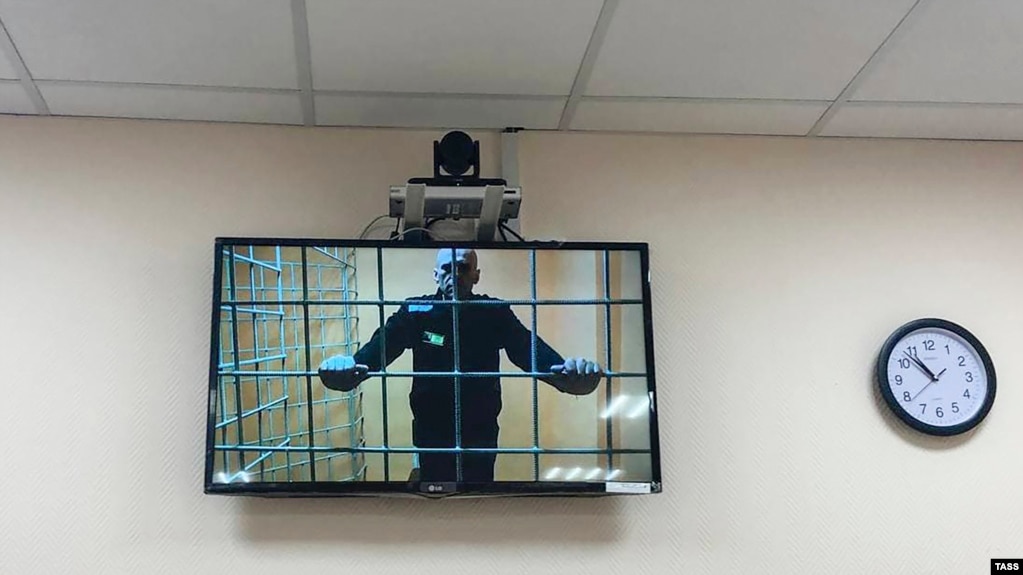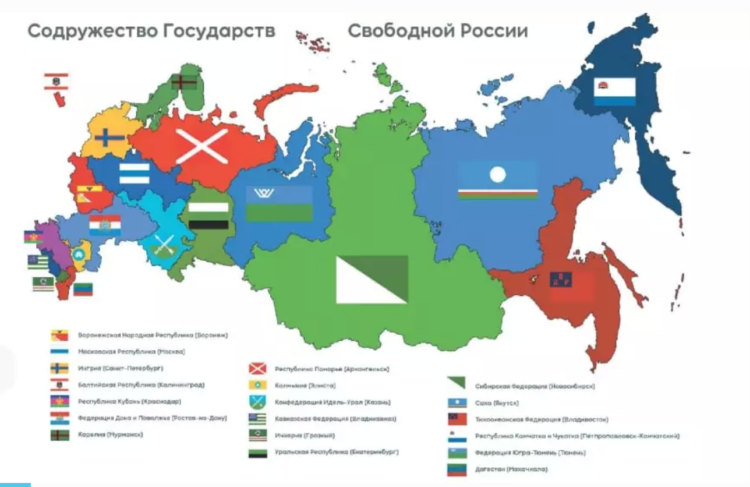Many have forgotten that in May 1987, Boris Yeltsin, then head of the Moscow city committee of the CPSU, received representatives of the chauvinist and anti-Semitic Pamyat organization, thus sending a signal that he was someone the KGB and its allies could count on to defend their interests, Vitaly Portnikov says.

Today, 30 years later, the Ukrainian analyst says, Alexei Navalny is playing a similar role by taking part in debates with Igor "Strelkov" Girkin, “an employee of [Russia’s] special services and the new face of ‘the Russian world.’”
That the debate occurred “is not important.” Instead, what is important, Portnikov says, “is to show the public, including the openly chauvinist and reactionary, that the future ‘leader’ is capable of talking with everyone,” just as Yeltsin did three decades ago. For that segment of Russian opinion, “the debates are the same signal: here’s their man, a Russian one can talk with.”
Portnikov stresses that he isn’t asserting that “Navalany is an FSB agent. Navalny rather is a project of the special services in a much broader sense of the world. Yeltsin too wasn’t an agent of the KGB,” the organs then recognized that it was “categorically prohibited” from recruiting someone that senior in the party.
“But they were not prohibited from talking, cooperating and seeking common interests,” the commentator says.
“Yeltsin needed power, a lot of power, indeed all power. And the chekists needed access to financial flows and the preservation of control over the country, total control without the interference of ‘party people.’” They got that in 1991 and then again in 1993.
Portnikov continues: “Navalny, although he too criticizes Yeltsin, says precisely what Yeltsin said earlier, what the average Russian, a chauvinist and obscurantist but at the same time a little man with a childish psychology wants to hear.” Navalny just like Yeltsin is someone who can be counted on to be a strong hand and hold things together.
“If Navalny came to power in a crisis, he would agree not only with a withdrawal from the Donbas and Crimea but even with the independence of Chechnya or Tatarstan.” For him, “the question will be only this.” Does he and those he is allied with have control over the remaining territory.
“Of course,” Portnikov acknowledges, “the figure of Navalny is incomparable to that of Yeltsin. Even at the first stage of his career, Yeltsin was a real politician and looked to be the leader of the masses. Navalny doesn’t.
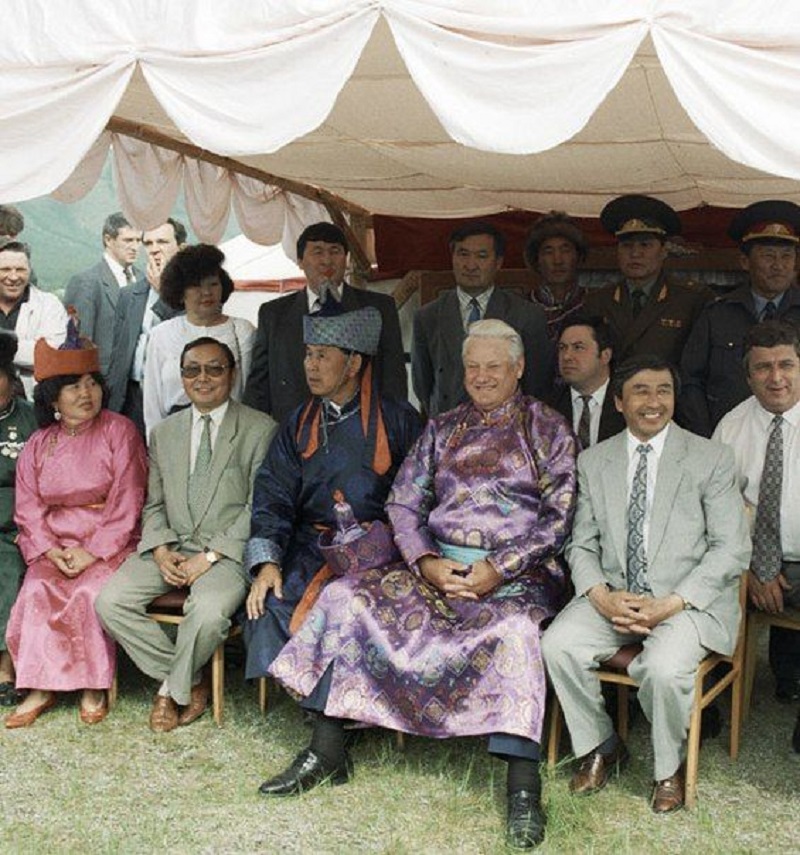
“But the possibility of the collapse of the regime today is not so evident and close for the chekists as was the case at the end of the 1980s,” he continues. “They prepared Yeltsin to replace Gorbachev who had lost control over the state and didn’t want to change anything in the economy.”
The current Kremlin ruler “is not Gorbachev. Rather, he is a slowly aging figure who is losing his grip on reality and living in his own world like Brezhnev or Andropov. But if the calculation of the chekists is correct, in place of this Brezhnev will inevitably come a new Gorbachev from his immediate circle.”
“A Gorbachev who will try to reform an un-reformable system without changing anything in a serious way. And the system, just as at the end of the 1980s is beginning to fall apart in a real way, all the more so because citizens won’t fear this new Gorbachev as they do Putin.”
For the chekists and bandits, Navalny is a real find, a reserve in case things go really wrong, Portnikov says, and before that happens, they may be able to “grow” him into “a new Yeltsin,” someone with whom they will have agreed about everything well in advance.”
Related:
- Pastukhov: Any successor to Putin likely to be a dictator
- Garry Kasparov: Navalny is wrong on not arming Ukraine
- Why Khodorkovsky and Navalny will return Crimea
- Kasparov responds to Navalny and Khodorkovsky: Russia has to return Crimea to Ukraine
- Crimea: Yeltsin’s lucidity and Putin’s blindness
- Russian protests don’t threaten Kremlin for one simple reason, Portnikov says
- How Putin’s Russia is becoming Stalin’s USSR

